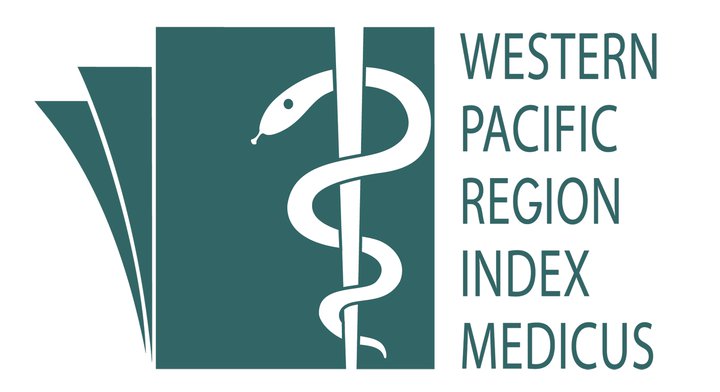Factors in Determining Seizure Control in Pediatric Patients On Antiepileptic Medication: A Review of the Literature
Abstract
Pediatric epilepsy is one of the common illness in children. Pediatric epilepsy has significant impact not only to the patient, but also to the care takers. Furthermore, the disease could potentially cause strain in the limited resources of the healthcare system which is preventable.
A search was conducted to review relevant published studies on factors affecting seizure control using PubMed/MEDLINE, Google Scholar and also Science Direct searching engines databases using keywords: paediatric seizure, seizure control, side effects, antiepileptic, adherence and quality of life.
In this review, we found that many factors contribute to the pediatric epilepsy, namely; compliance, genetic, age, socioeconomic factors, parental health literacy and numbers and side effects of the medications. Furthermore, there is certain factors that need to be explored in the future, such as unaddressed parental concern on treatment/medication, denial of disease and drug-drug interactions. Factors that had been identified can be used in the prevention and control programs, while factors which is less studied should be further studied in the future.
Downloads
Published
How to Cite
Issue
Section
License
IJPHR applies the Creative Commons Attribution (CC BY) license to articles and other works we publish. If you submit your paper for publication by IJPHR, you agree to have the CC BY license applied to your work. Under this Open Access license, you as the author agree that anyone can reuse your article in whole or part for any purpose, for free, even for commercial purposes. Anyone may copy, distribute, or reuse the content as long as the author and original source are properly cited. This facilitates freedom in re-use and also ensures that IJPHR content can be mined without barriers for the needs of research.






